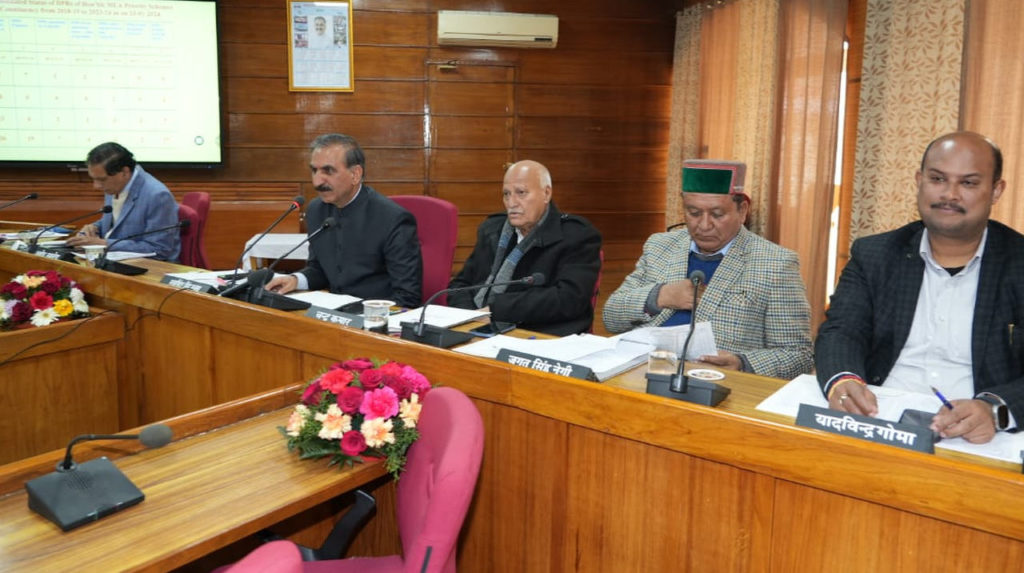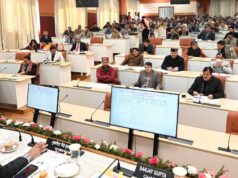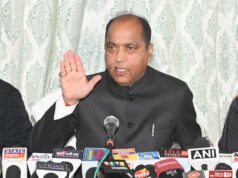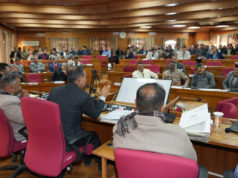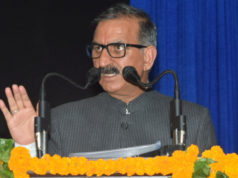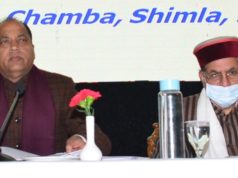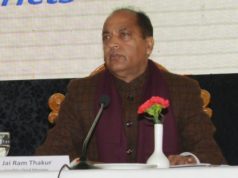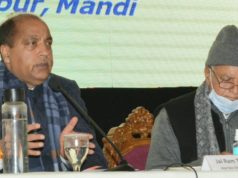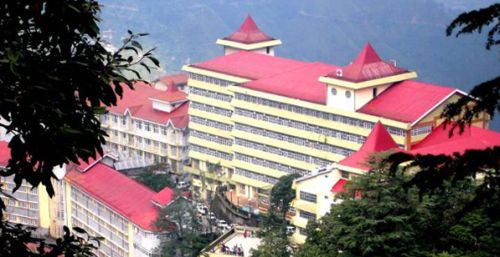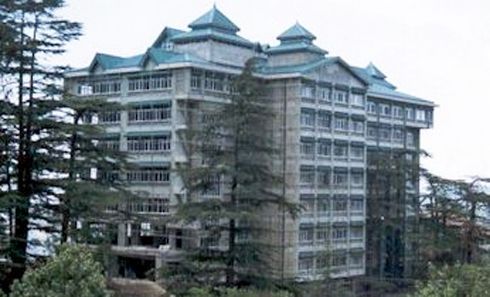In a bid to promote inclusive growth and bridge regional disparities within urban areas, Chief Minister Sukhvinder Singh Sukhu is leading an initiative to direct funds through the Urban Infrastructure Development Fund (UIDF). The focus is on revitalizing Municipal Corporations and enhancing infrastructure in less-developed regions, setting the stage for a more collaborative and decentralized approach to urban development.
During a meeting with MLAs from District Kangra, Kinnaur, and Kullu as part of the Annual Plan 2024-25, Chief Minister Sukhu unveiled plans to prioritize urban development projects. The government seeks to actively involve MLAs in identifying key areas that require attention, such as roads, bridges, minor irrigation schemes, and rural drinking water and sewage projects.
Under the UIDF, MLAs are encouraged to propose five priorities, offering a comprehensive roadmap for addressing the unique needs of different regions. This marks a significant step towards a more decentralized approach to development, ensuring that the specific challenges faced by various Municipal Corporations are acknowledged and adequately addressed.
Chief Minister Sukhu emphasized that the aim is not only to bridge the infrastructural gaps but also to stimulate economic growth and ensure better administration. The focus on self-employment and employment generation reflects a commitment to creating opportunities for the residents of these urban areas.
In addition to the tangible projects, the Chief Minister outlined the importance of sustainable practices, announcing the government’s ambition to transform Himachal Pradesh into a green energy state by March 31, 2026.
The commitment to green energy is underscored by the phased replacement of Himachal Road Transport Corporation (HRTC) buses with electric buses. Simultaneously, the establishment of e-charging stations across the state is underway, laying the foundation for a cleaner and more sustainable transportation system.
Furthermore, the Chief Minister acknowledged the challenges posed by uneven regional development and forest clearance procedures. In a bid to streamline these processes, the government has increased efforts to expedite forest clearance cases. MLAs have been invited to participate in review meetings for Forest Conservation Act (FCA) and Forest Rights Act (FRA) cases, ensuring their valuable input in crucial decision-making processes.


